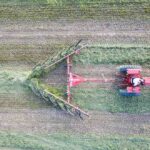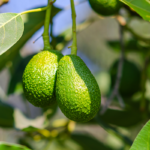United States: researchers dig into microbes and crop soil health
United States Department of Agriculture scientists are making ground on understanding the travel patterns of soil microbes to improve farmland health and avoid erosion.
With the help of a wind tunnel and the latest DNA technology, Agriculture Research Service (ARS) scientist Veronica Acosta-Martínez is pushing USDA soil research into mostly uncharted territory.
Her team collaborated to investigate bacterial populations that can be classified by their DNA, including bacteria, fungi and protozoa.
The research published in the Journal of Environmental Quality hoped to shed light on better management practices and minimize crop damage caused by wind erosion.
The Lubbock, Texas-based team extensively classified bacteria in eroded sediments from samples of organic-rich soils from fields in Michigan where potatoes, beets and onions had been grown. The researchers used a wind tunnel to simulate the impact of wind on the erosion-prone samples.
The results found that certain types of soil were more prone to certain types of bacteria. Fine dust, for example, was more prone to Bacteroidetes while coarse sediments were prone to Proteobacteria.
To take the findings further, ARS scientist Francisco Calderon used infrared spectroscopy to under the impact of wind on carbon composition, an important factor in soil health. He found that wind has the same “fractionating” effect on carbon as on bacteria. Certain types of carbon were more come in certain types of soil.









































